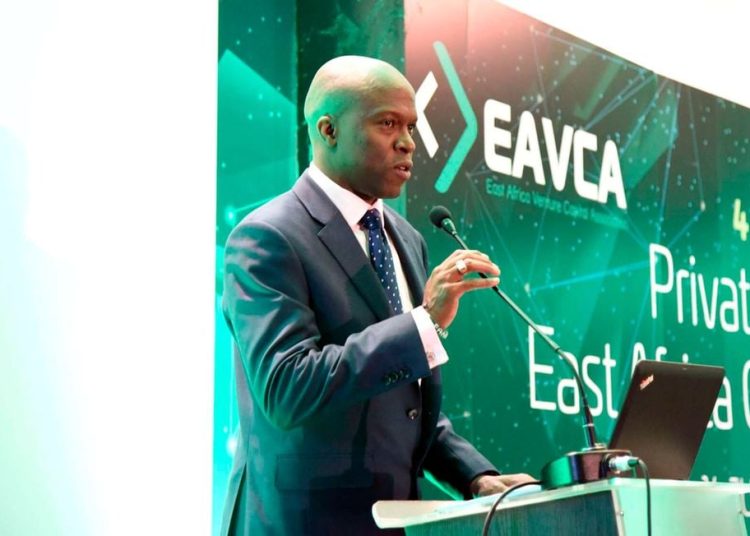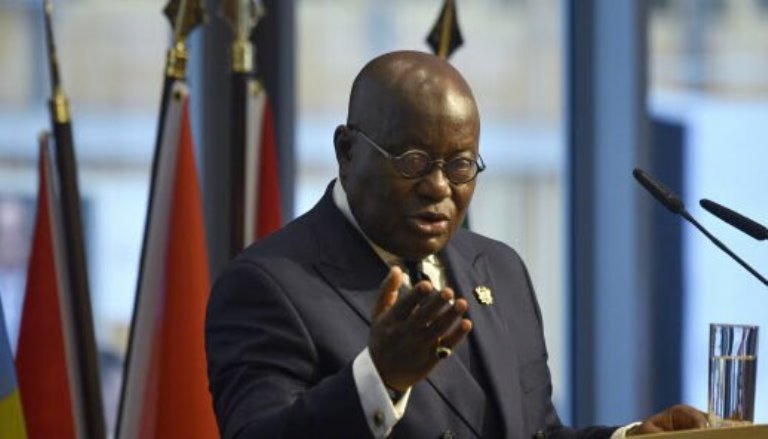Nairobi, Aug. 27, 2023: Private Equity (PE) firms seeking to invest in the East African region over the next 12 months have changed their approach in a bid to cushion themselves from a weakening business climate in the region.
And according to a survey by consultancy firm Deloitte, most PE firms are cost cutting or reducing the value of investments. These companies expect to reduce average deal sizes to below $50 million, reduce entry multiples (seek discounts on share purchases) and prolong the lifecycle of those investments to 5-7 years from initial investment to the point of exit.
According to the Deloitte Africa Private Equity Confidence Survey (2023), most respondents expect deal sizes in the region to continue ranging between historical bounds of $10 million and $20 million due to the focus on small and medium-sized enterprises in the region. Increased volatility in the global market and tighter monetary policy are expected to lead to higher discount rates in East Africa.
“Most respondents anticipate entry multiples in the region to decrease over the next 12 months, with earnings also anticipated to decrease for target companies,” according to the findings of the survey dated July 2023.
The survey notes that most respondents expect an average lifecycle of five to seven years from initial investment to exit, aligning with 2022’s average recorded holding period of 6.6 years from initial investment to exit.
“The holding period in East Africa is expected to range between five and seven years. However, 39 percent of respondents also expect holding periods greater than seven years,” according to the survey.
The adverse effects of the war in Ukraine and the climate crisis have not spared East Africa and on the back of these unforeseen events, the region has encountered inflationary pressures and suppressed agricultural production, with lower private consumption and an increased risk of food insecurity.
After sustained growth during the global Covid-19-related lockdowns, real GDP growth in the region dropped to 6.9 percent in 2022 from 7.8 percent in 2021 and growth is projected to decrease to 5.5 percent in 2023, due to domestic challenges in the region, such as droughts, tighter fiscal policy, currency depreciation, and higher borrowing costs.
The survey notes that persistent currency depreciation against the US dollar, exacerbated by inflationary pressures, has negatively impacted PE funds’ returns thereby driving down portfolio performance and postponement of expected exits.
Almost half the respondents (PF firms) expect the fundraising environment for PE in the region to deteriorate, although 40 percent expect it to remain the same over the next 12 months.
While the momentum of the favourable performance of PE in 2021 was carried on into the first half of 2022, spiking interest rates and inflation resulted in a sharp decrease in PE activity in the second half of 2022, signalling a turn in the cycle.
“Inflation and rising rates have impacted on the extraordinary post-Covid-19 increase in deal making and fundraising, with fundraising activity expected to largely decrease or remain the same for the next 12 months,” says survey.
Fundraising timelines in East Africa are expected to increase over the next 12 months. High inflation, plus general subdued economic prospects in developed markets, are likely to impact on long-term foreign investor commitments in East Africa.
In addition, the current macroeconomic environment has created extremely challenging fundraising conditions for fund managers in the region and Africa as a whole.
The survey says PE firms will focus on Kenya over the next 12 months, followed by Uganda, Tanzania, Ethiopia and Rwanda, targeting agriculture, agribusiness, financial services, food and beverages, and manufacturing.
This is a shift from the 2021 preferred sectors of interest such as infrastructure, green energy, and TMT Importing large volumes of packaged food in East Africa creates an opportunity for local food production, thereby driving interest in both the agriculture and food sectors.
The financial services sector is expected to generate interest from the huge informal economy in the region, with innovative solutions expected to enhance payment and credit solutions for small businesses, as well as financial inclusion in the region.
Last year, Kenya accounted for 68 percent of all deals completed in East Africa, with the country’s attractiveness to investors driven by a diverse economy, improved infrastructure, and technological advancements.
The survey says growing PE interest in Ethiopia stems from investor-friendly economic reform, sheer size of the population, limited funding from local financial institutions to meet demand, and the forecast 6.7 percent real GDP growth by 2027.
In addition, political unrest and violence, such as in Ethiopia’s Tigray region and the border tensions between the Democratic Republic of the Congo and Rwanda, add a layer of instability and uncertainty.
“East Africa’s relatively better economic outlook makes it an attractive investment destination,” says survey.
East Africa’s investment outlook is largely split between the investment outlook remaining at 48 percent, and an expected increase in investments (45 percent) reflecting both the potential opportunities in the region, as well as the cautious outlook of PE investors.
This of course assumes that the various challenges are managed, specifically high inflation, and persistent currency depreciation, which continue to reduce purchasing power and business profitability in a primarily net-importing region.














